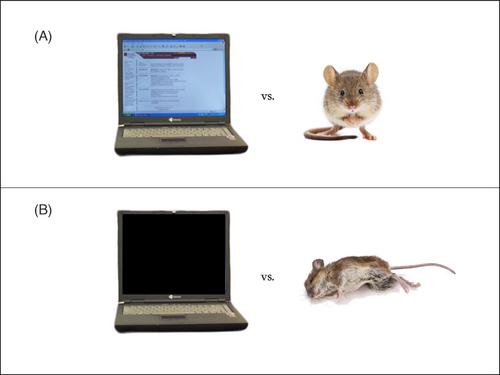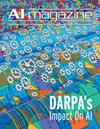反对人工智能福利:护理实践应该优先考虑生物而不是人工智能
IF 3.2
4区 计算机科学
Q3 COMPUTER SCIENCE, ARTIFICIAL INTELLIGENCE
引用次数: 0
摘要
在这篇评论中,我们批评了日益增长的“人工智能福利”运动,并提出了一个新的指导方针,即不稳定性指导方针,以确定护理权利。与强调潜在痛苦的方法不同,《不稳定性指南》以经验可识别的特征为基础。持续的人道主义危机、生物多样性丧失和气候变化的严重性,提供了更多的理由来优先考虑生物的需求,而不是机器学习算法。本文章由计算机程序翻译,如有差异,请以英文原文为准。

Against AI welfare: Care practices should prioritize living beings over AI
In this Comment, we critique the growing “AI welfare” movement and propose a novel guideline, the Precarity Guideline, to determine care entitlement. In contrast to approaches that emphasize potential for suffering, the Precarity Guideline is grounded in empirically identifiable features. The severity of ongoing humanitarian crises, biodiversity loss, and climate change provides additional reasons to prioritize the needs of living beings over machine learning algorithms as candidates for care.
求助全文
通过发布文献求助,成功后即可免费获取论文全文。
去求助
来源期刊

Ai Magazine
工程技术-计算机:人工智能
CiteScore
3.90
自引率
11.10%
发文量
61
审稿时长
>12 weeks
期刊介绍:
AI Magazine publishes original articles that are reasonably self-contained and aimed at a broad spectrum of the AI community. Technical content should be kept to a minimum. In general, the magazine does not publish articles that have been published elsewhere in whole or in part. The magazine welcomes the contribution of articles on the theory and practice of AI as well as general survey articles, tutorial articles on timely topics, conference or symposia or workshop reports, and timely columns on topics of interest to AI scientists.
 求助内容:
求助内容: 应助结果提醒方式:
应助结果提醒方式:


